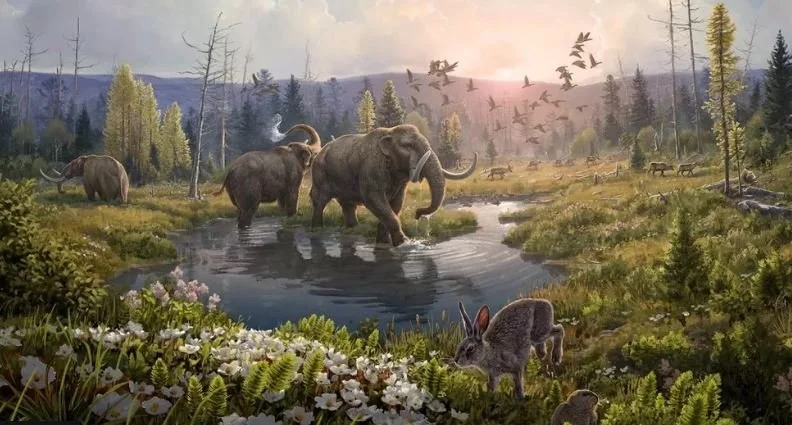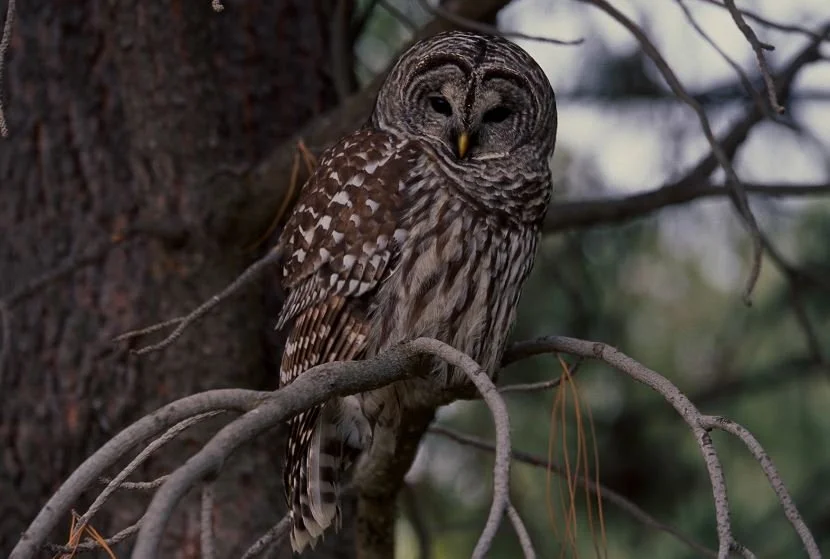Can We Save Endangered Species by Sending them to the Moon?
A team of scientists led by Mary Hagedorn, a research scientist at the Smithsonian’s National Zoo & Conservation Biology Institute, have proposed an extreme idea to save endangered species: by storing them frozen on the moon. The proposal appears in the journal BioScience.
“Biodiversity on Earth is increasingly threatened and at risk,” they write. “Even under the most optimistic models of global climate change, a staggering proportion of Earth's biota will go extinct.”
Hagedorn has previously worked successfully to preserve coral species through cryopreservation, a means of preserving living cells with extremely low temperatures. The moon could be ideal for the project because it is far from human-made disasters like climate change and it is naturally, consistently cold. A potential site, the lunar south pole, has a stable temperature that stays below minus 196 Celsius (-320 Fahrenheit).
The cryobiologists want to start with frozen animal skin and tissue, eventually expanding to include plants. They’ve selected the Starry Goby, a small marine reef fish, as an “exemplar species” for many reasons, including that it has been successfully frozen before. Ironically the Starry Goby, an aquarium favorite, is one of the least threatened fish.
“Our goal is to cryopreserve most animal species on Earth,” the proposal reads. “In addition to safeguarding Earth's biodiversity, a lunar biorepository would advance our fundamental understanding of how cells behave in space and would also preserve animal, plant, and microbial samples that may be essential to human exploration of the solar system or galaxy.”
The proposal faces many obstacles to get off the ground, if it ever does. Among them is a question many will ask, including us: Instead of devoting all that effort and resources to freezing cell tissues on the moon, why not apply it to saving species here on Earth?
Photo credit: NASA







